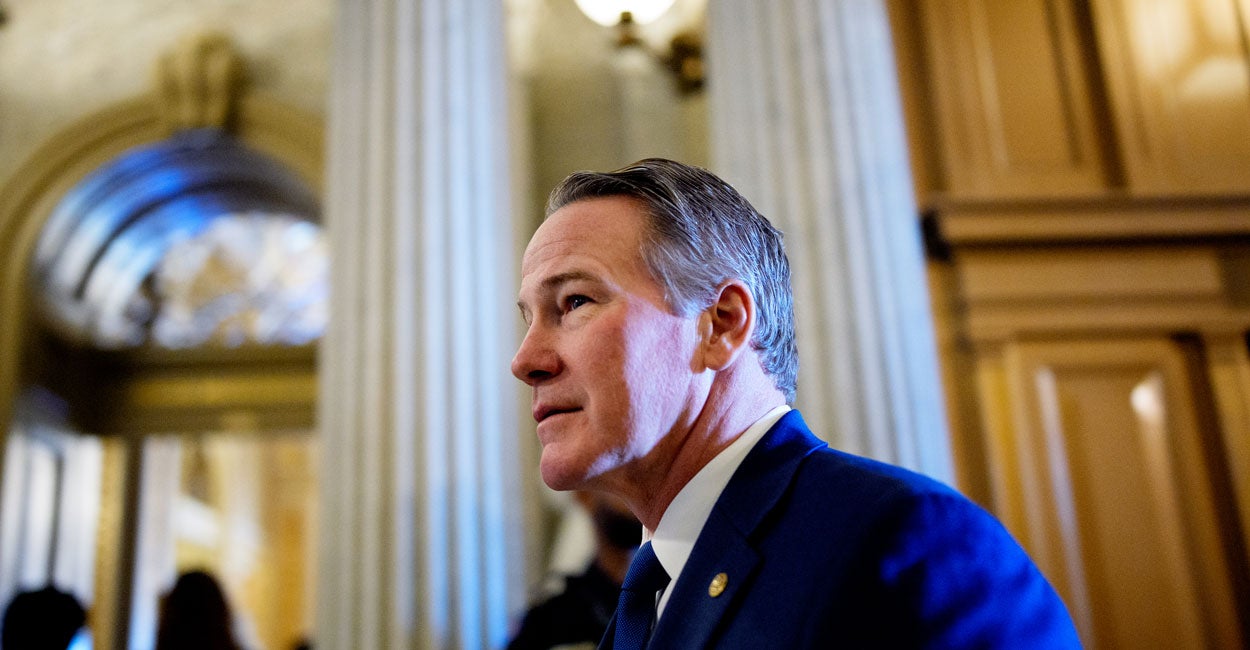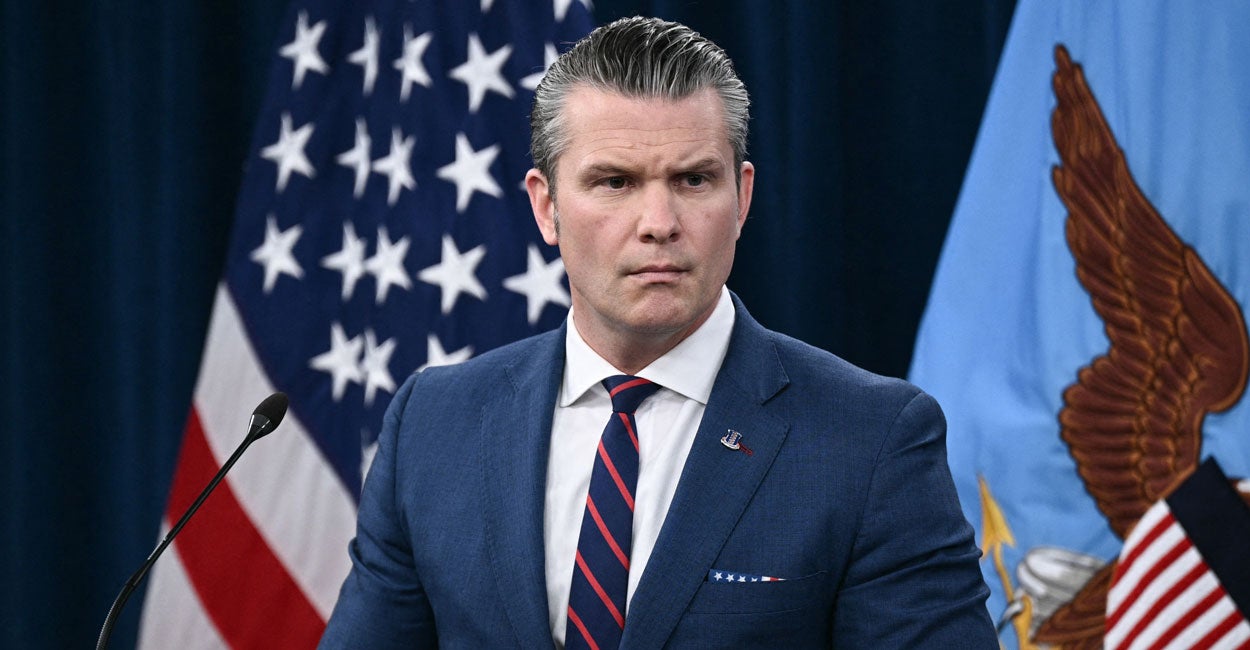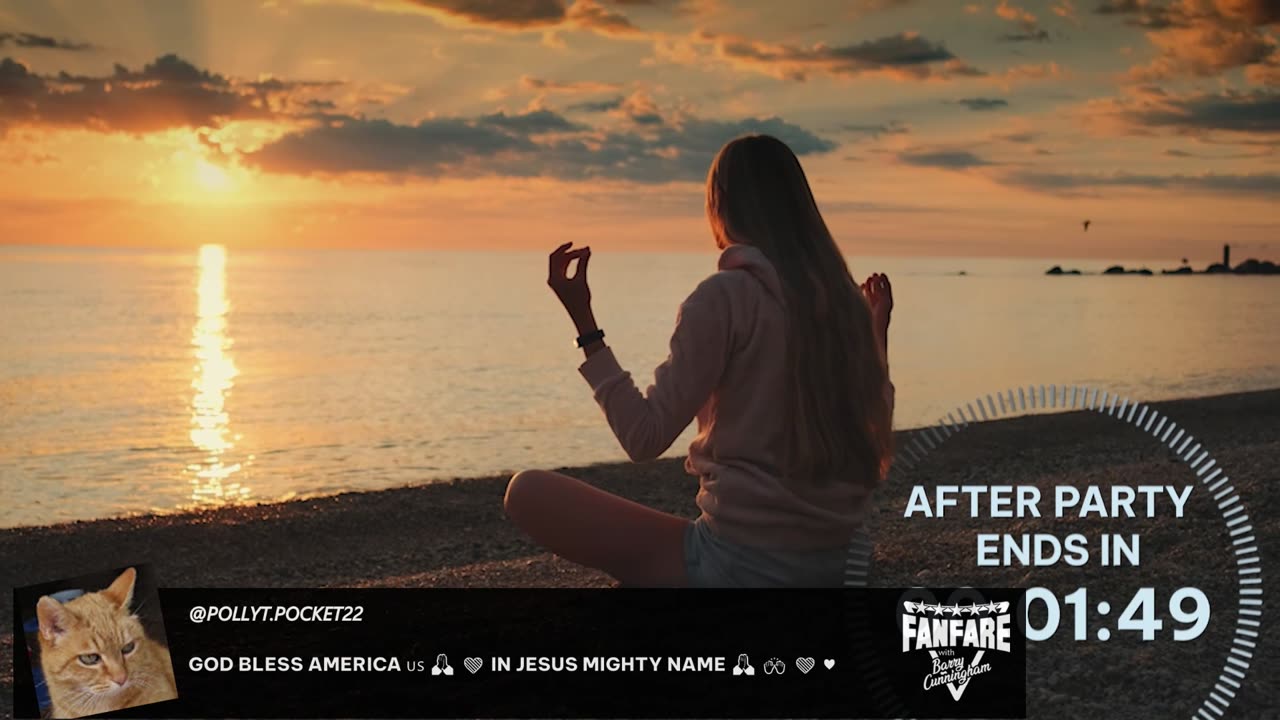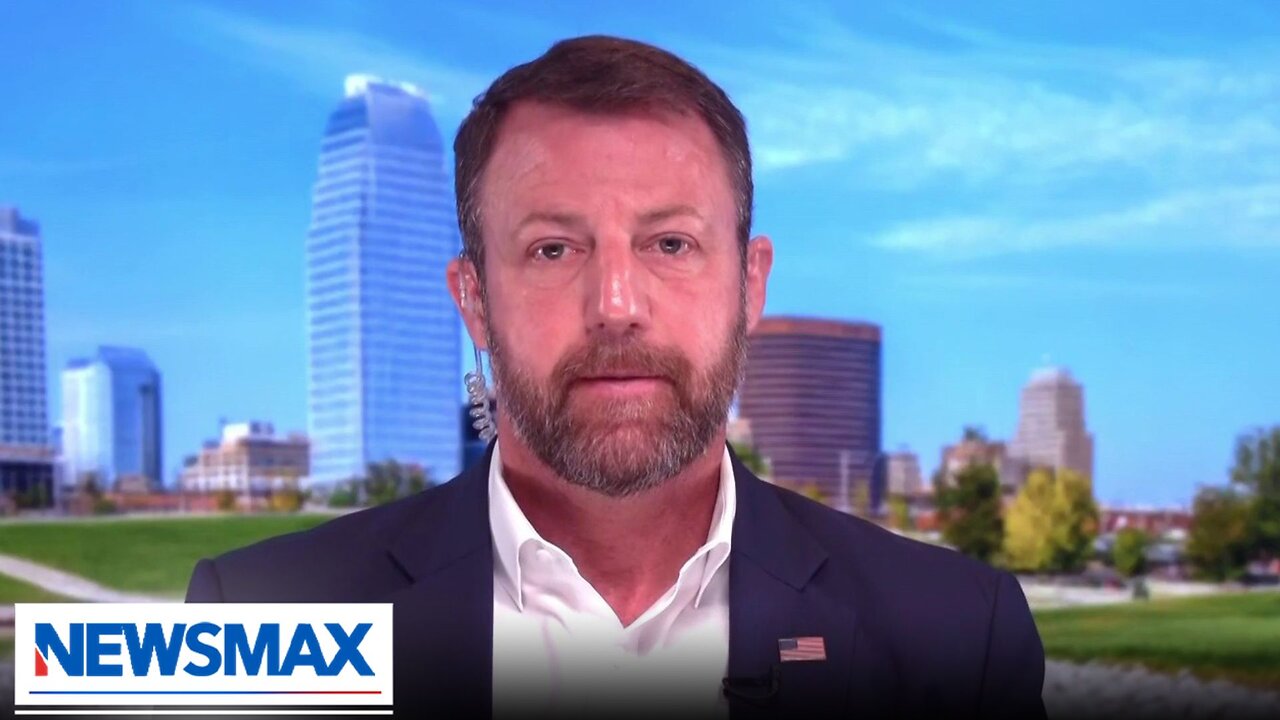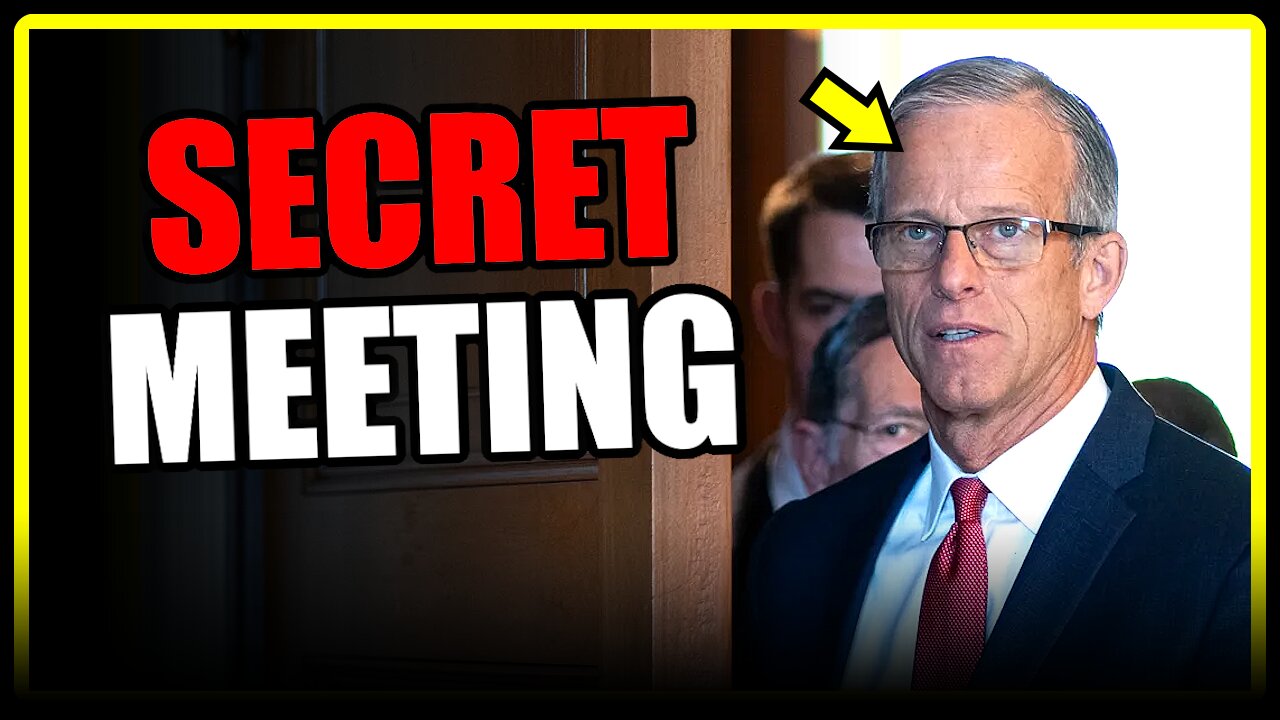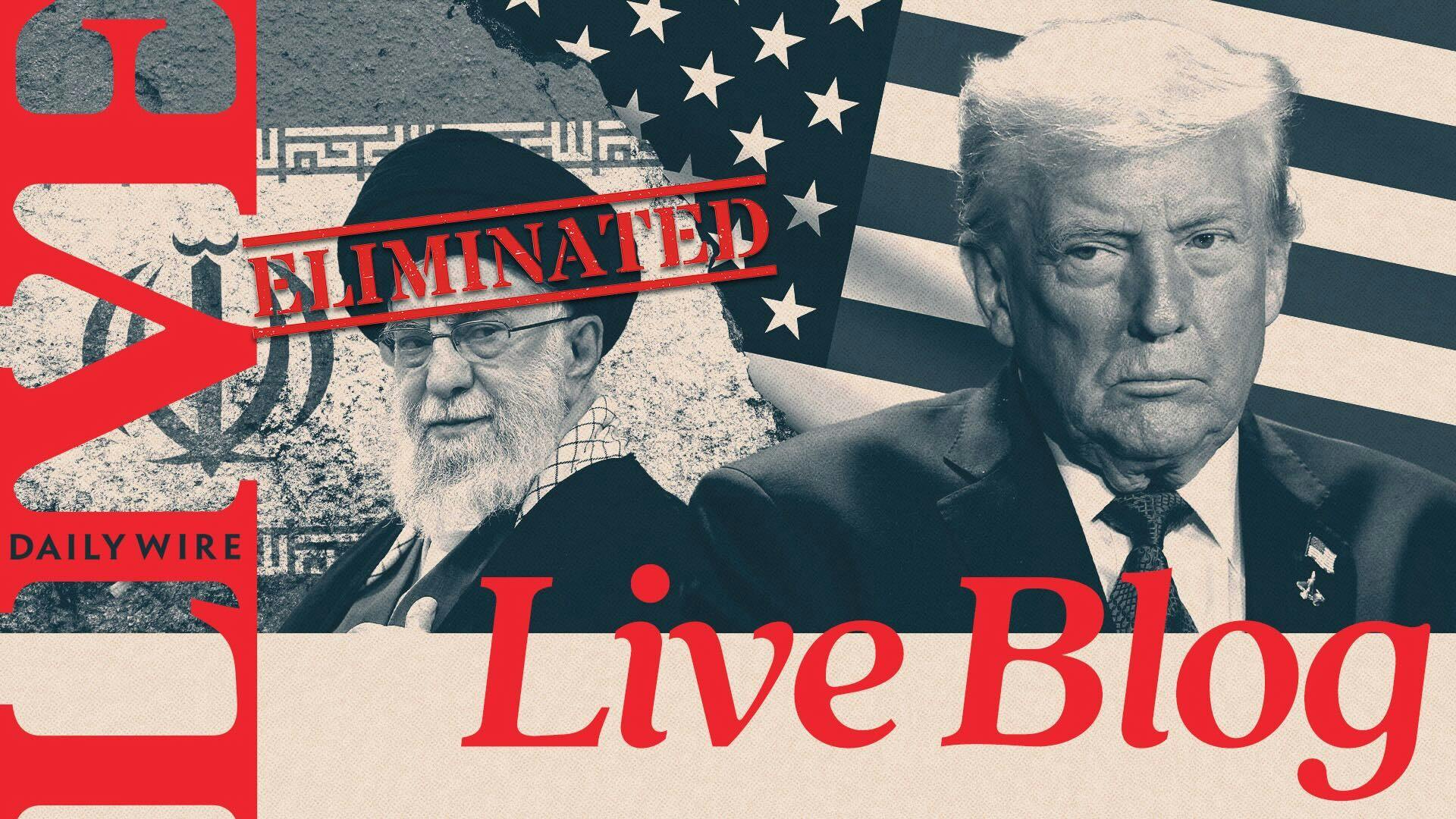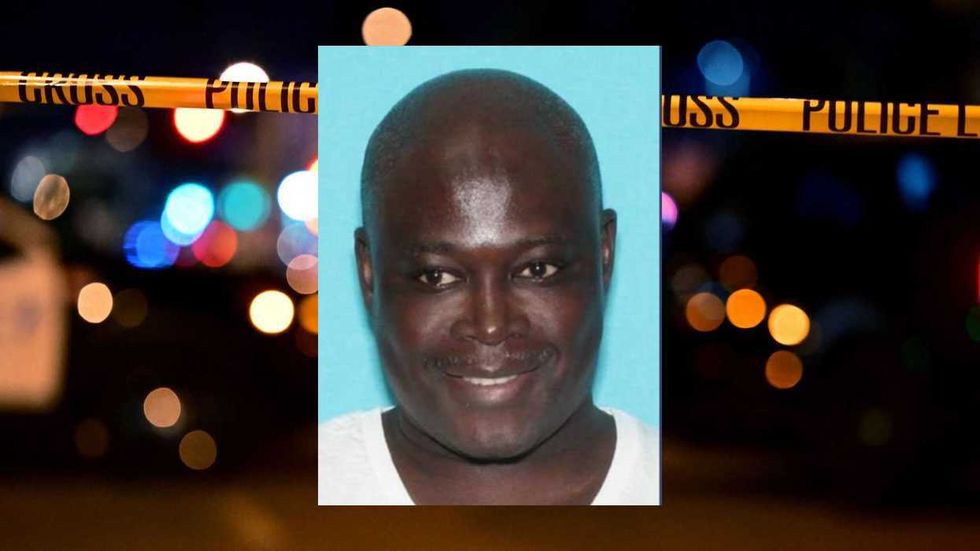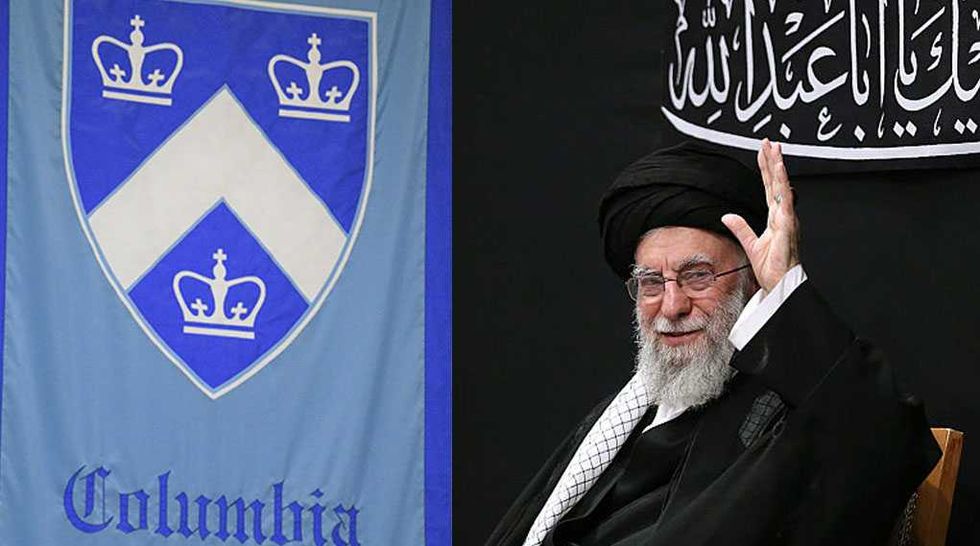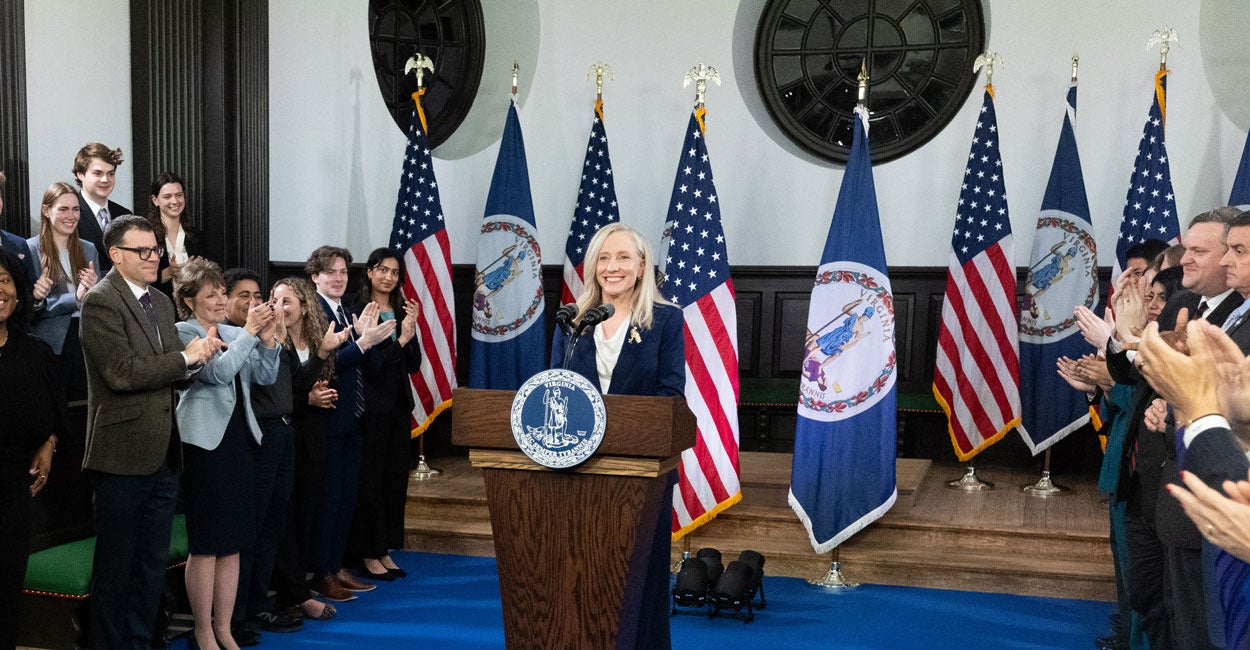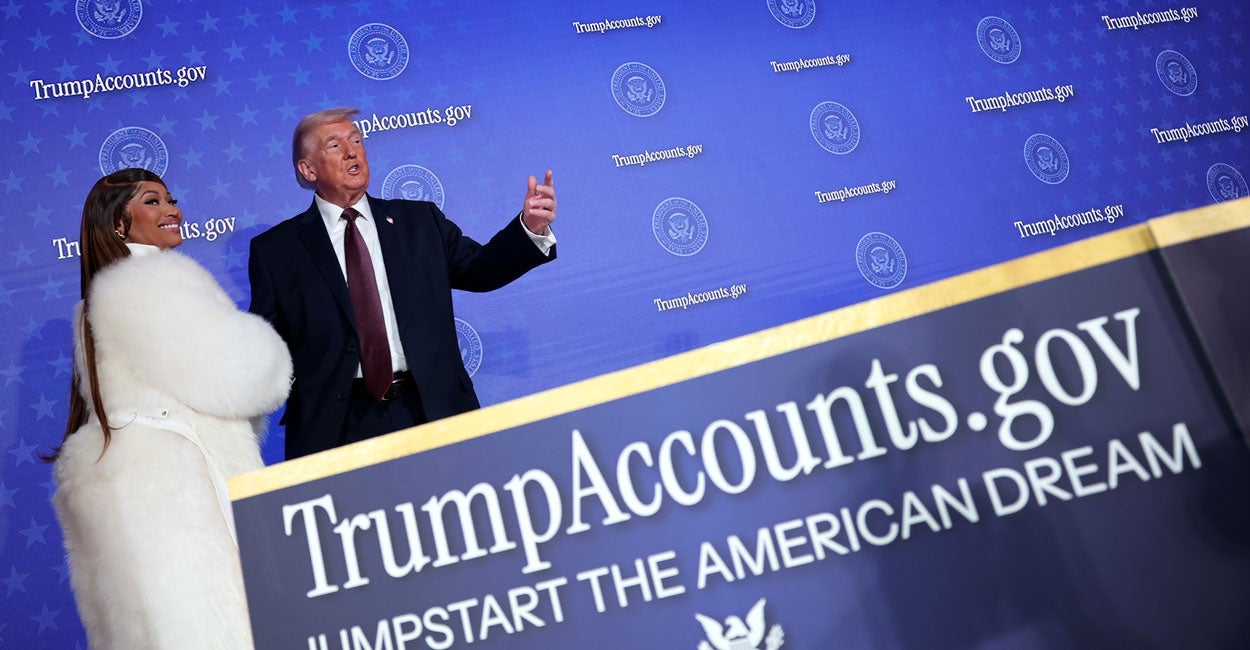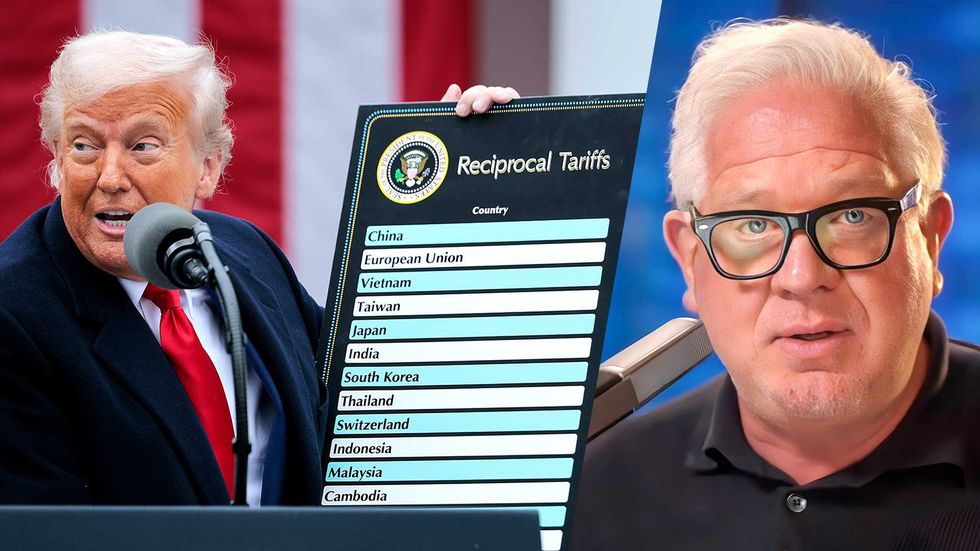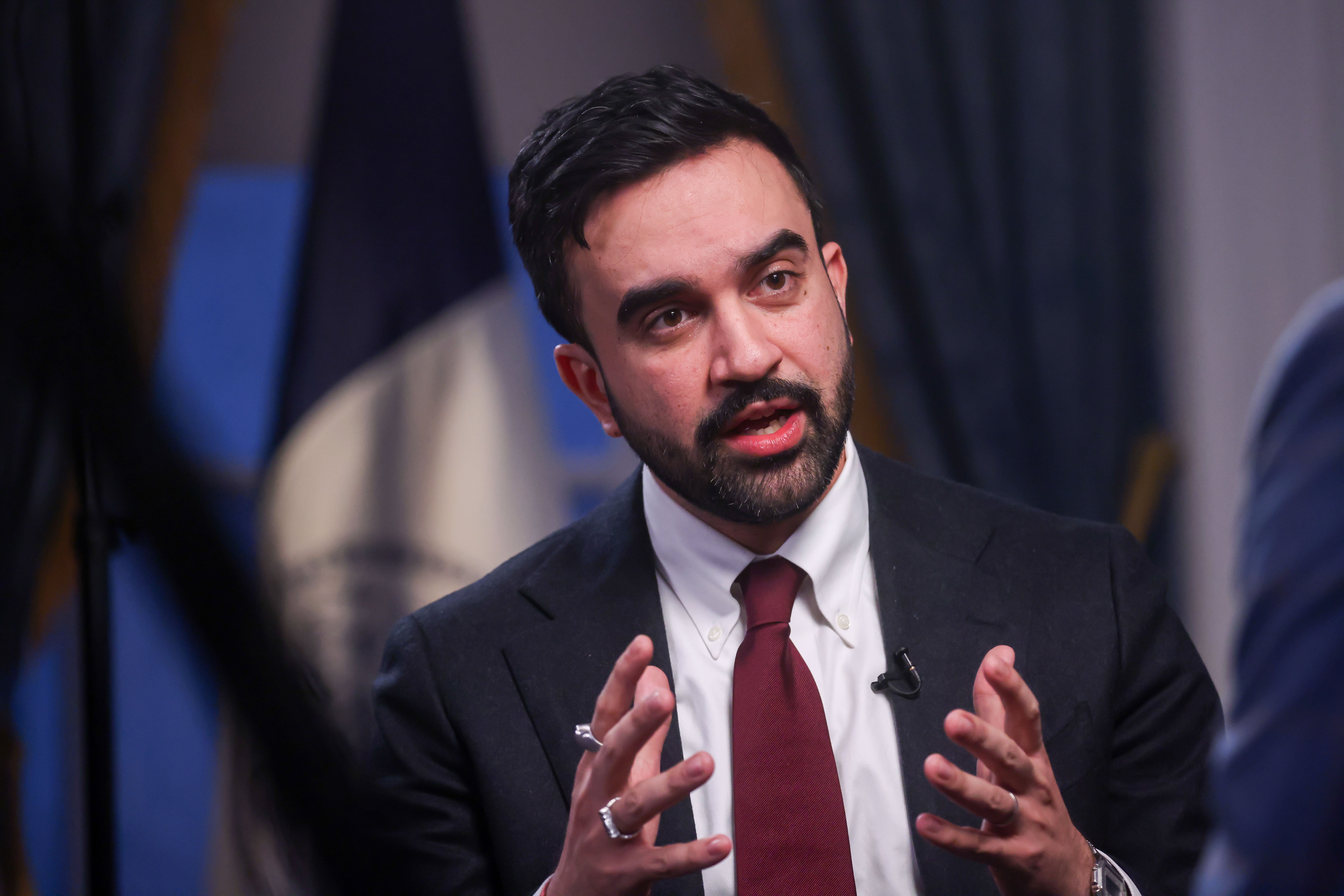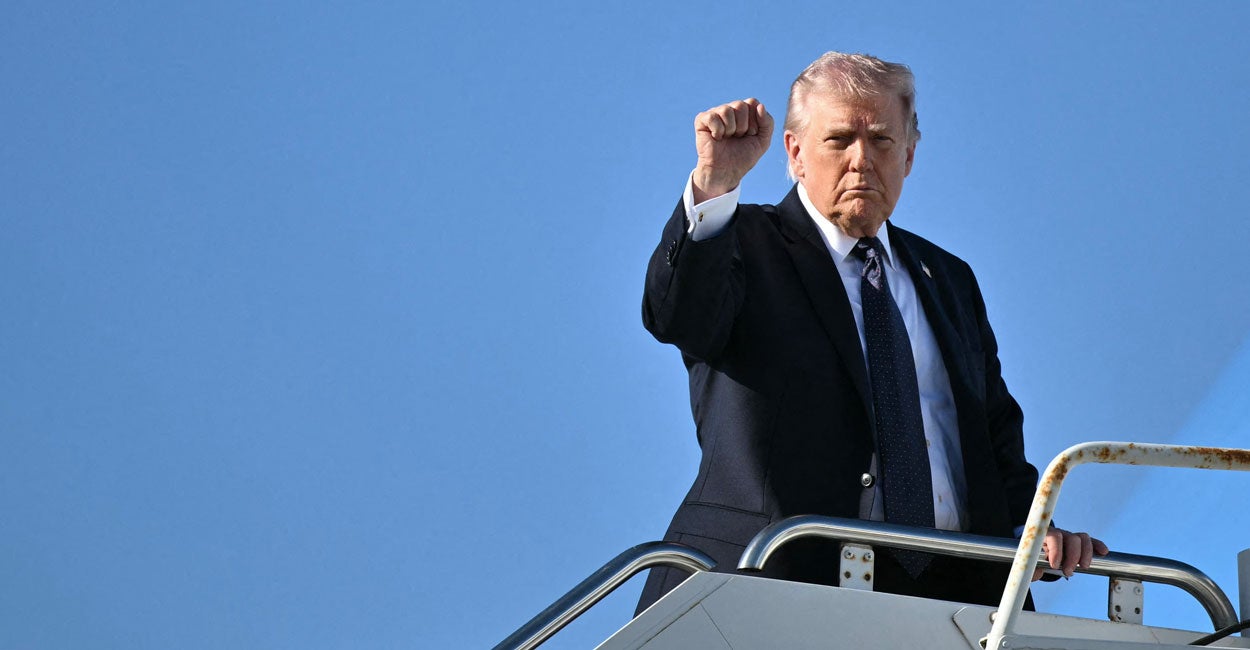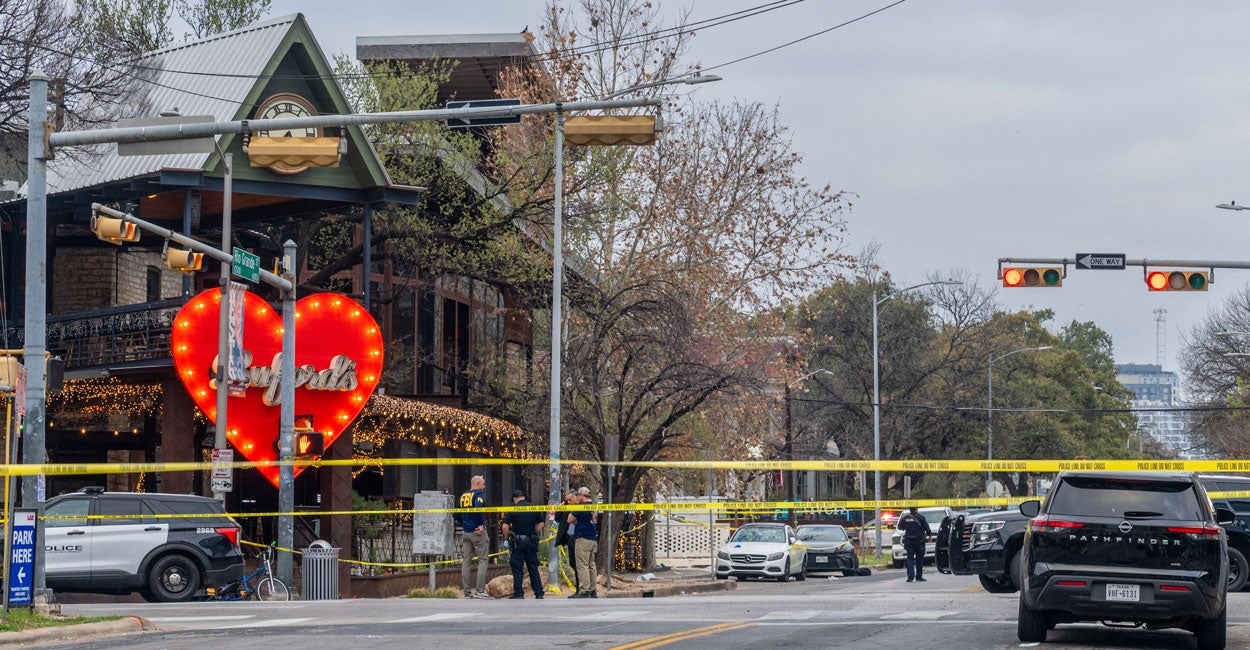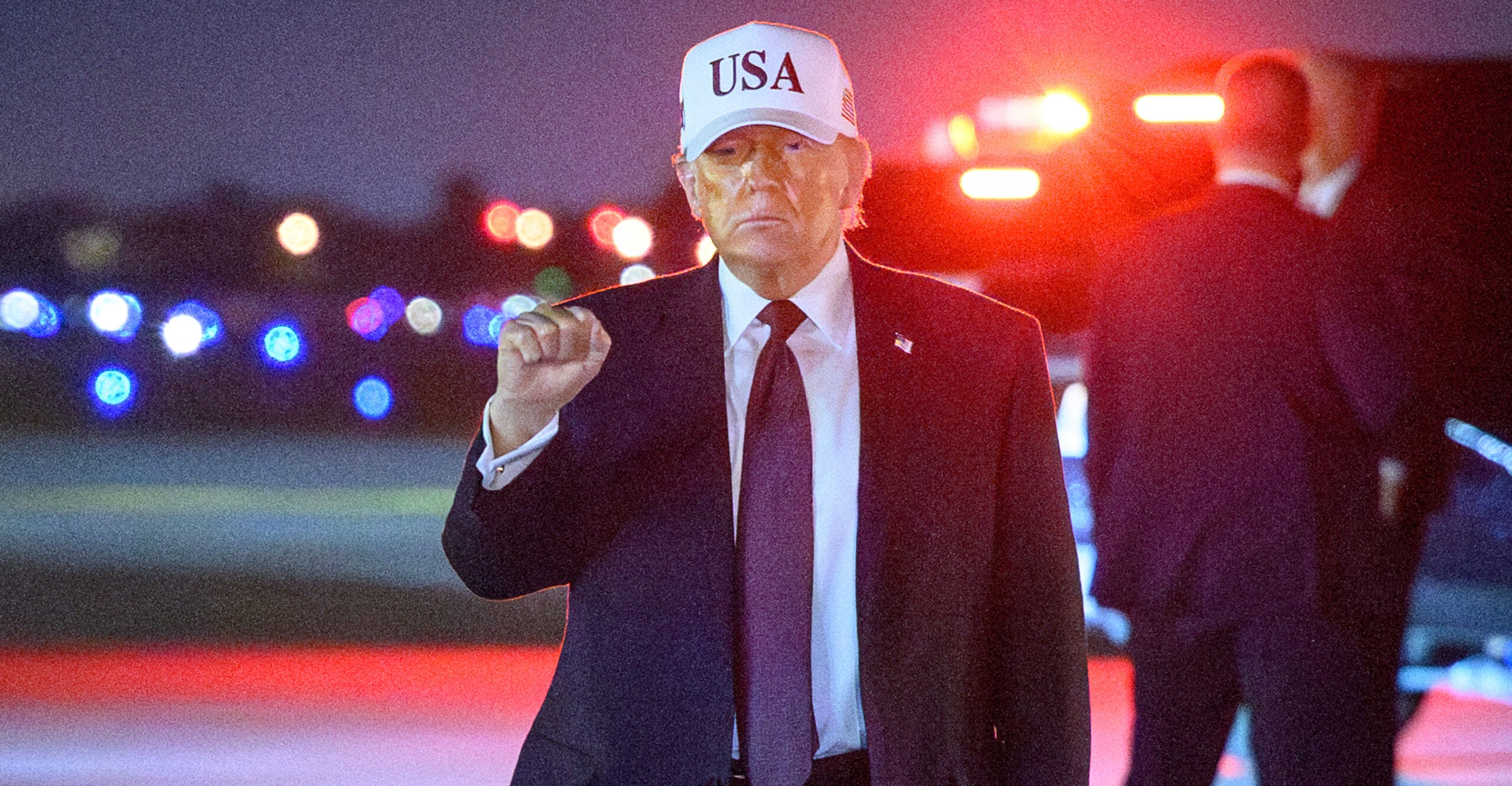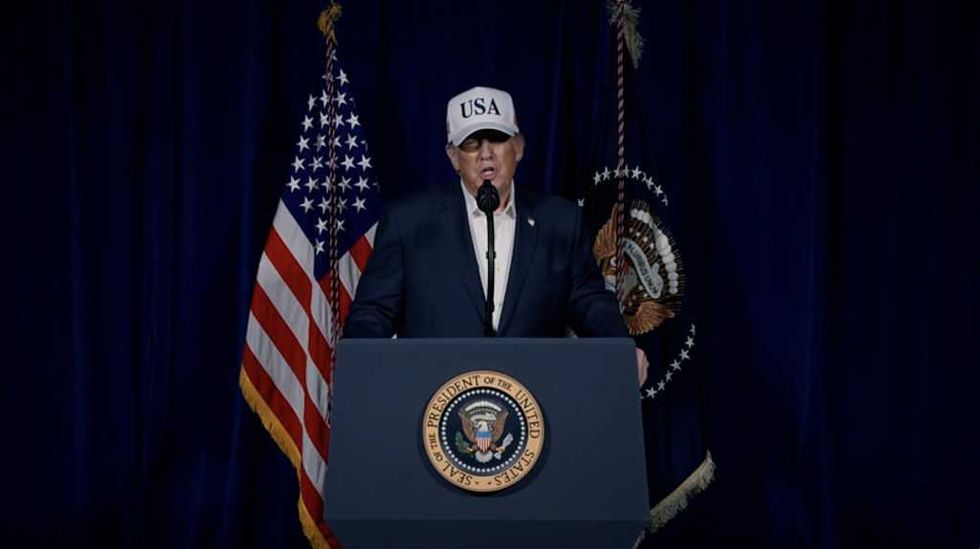Ed Feulner: The Man in the Arena
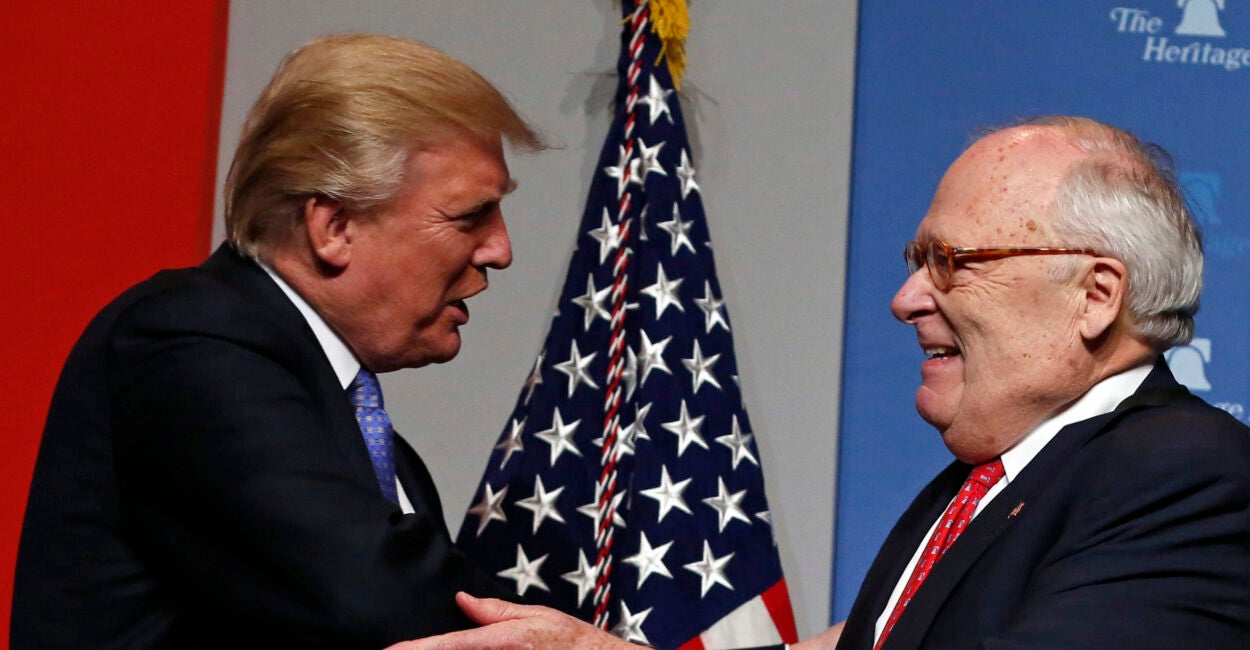
Ed Feulner was a giant. The quintessential man in the arena, he lived his life to the fullest and gave this country something permanent: hope and optimism. He fortified the American people, building the structures to pursue our God-given rights.
Live Your Best Retirement
Fun • Funds • Fitness • Freedom
After he passed away two months ago, there were wonderful pieces written about Ed, including by Vice President Mike Pence, Newt Gingrich, Derrick Morgan, and many others. If you haven’t read them, I encourage you to do so.
I’d like to offer a modest addition to their encomiums.
August 1987
I knew Ed for half of his life, and all of my adult life. I served as Ed’s chief of staff twice, from 2012-2013 and again from 2016-2017.
But our personal relationship started in the last century.
I met Ed and his lovely wife Linda in 1987, when I was a teacher and director of admissions at Saint James School in Hagerstown, Maryland, the oldest Episcopal boarding school in the English tradition in the U.S. Their son, EJ, was a boarding student there, and I was his guidance counselor, soccer coach, and hall master.
Ed and I hit it off immediately, and we remained in touch from then on.
Quite frankly, on the day I met him, I realized that I’d never met someone with glasses as thick as Ed’s. I remember thinking, boy, this guy has terrible eyesight.
But for a guy with chronic bad eyesight, he had amazing vision.
Early on, Ed and Linda invited me to their house. After dinner, Ed took me to the basement and showed me an entire room dedicated to an elaborate HO gauge train set designed to depict the Illinois Central Railroad in 1941—the year he was born—in his town of Elmhurst, Illinois.
He built it himself with the help of some guys from the local model railroad club. It was only real hobby—it helped him relax.
At the time, I thought it was a bit strange—a grown man who likes little choo-choo trains.
Over the years, though, it began to make perfect sense to me. He was a builder. Trains moved goods from place to place to help build America. Ed’s train set was a tangible manifestation of his life’s work—to add and multiply, to build a better life for each of us and for every American.
Addition and Multiplication
In 2002, when I left active duty as a naval officer and became an assistant U.S. attorney in Washington, D.C., Ed encouraged me to apply for a presidential appointment in the George W. Bush administration. Thanks in large part to Ed, I was able to serve under his friend and fellow Illinoisan Defense Secretary Donald Rumsfeld as a deputy assistant secretary of defense.
When I left my Pentagon job in 2007, I accepted a job at a major D.C. law firm. Ed saved me, quite literally, from big law. Two weeks before I was about to start the job, Ed called to catch up. When he heard I was going to be a partner in a big firm, he asked if I had ever considered working at The Heritage Foundation. I said no, to which he said in that sly Ed way, “Charles, why don’t you come over and have a chat with Ed Meese.” When I hung up the phone, my wife gave me that look and said, “That’s not our plan. You’re going to big law, make big bucks, and then we’re going to retire. Don’t come back here with a job.”
I did, and it was a blessing on many levels, both personally and professionally.
Chief of Staff 1.0
I became Ed’s chief of staff for the first time in 2012, when he was preparing to retire after serving as Heritage’s president since 1977.
The Library of Congress had formally requested all of Ed’s official papers. Over his 35 years as president, Ed had amassed, believe it or not, over one million documents related to his work at Heritage and his board work at the Intercollegiate Studies Institute, the Philadelphia Society, the Mount Pelerin Society, Regis University, George Mason University and more. He had four storage units scattered around town, and each year his executive assistants Missy Stephens and Kathy Gudgel created a yearbook with his articles, op-eds, and other important missives, and bound them in leather to keep on his shelf in his office.
Over two years, we gathered those one million documents, including letters to and from presidents, prime ministers, senators, congressmen, public intellectuals, and hundreds of others. We organized, scanned, and uploaded all of them into the cloud to be put on thumb drives. The originals were delivered to the Library of Congress, where they will be available to the public a decade or so from now. It was a gargantuan task.
Ed kept those letters and documents because at some point early in his career, he realized that he was building something unique and lasting, and that someday, his papers would be of great interest to a scholar interested in the building blocks of a permanent conservative institution.
Ed had an uncanny ability, a gift, to see a person’s potential and then subtly, gently, and lovingly guide them on an upward trajectory. He did it all the time, every day, for scores of us, throughout his life and career.
And unlike many in this town, he did it for his mentees, not for himself. He did it, I believe, because as a devout Roman Catholic, he believed deeply in the dignity and potential for each of us to flourish. He did it as a man from the heartland—Elmhurst, Illinois—because it was in his DNA.
To build, to add, to multiply—and that begins and ends with the human person, one by one. It was his own human flourishing project, carried out quietly but relentlessly, right to the end.
Ed’s Philosophical Underpinnings—Freedom
It’s not an accident that the mission statement of The Heritage Foundation is, “building an America where freedom, opportunity, prosperity and civil society flourish.”
That battle cry is the outward manifestation of Ed’s religious and philosophical belief about humanity. We are all children of God. Freedom is our right. Opportunity abounds. Civil society is made possible out of the divinely inspired miracles of the Declaration of Independence and the Constitution.
Ed, like our founders, was deeply read. He understood the nature of man. In time, but certainly at an early age, he stitched together in his mind the connection between God’s love for every human being, the innate desire for freedom, and the ways government could—indeed, should—serve mankind. He also understood what happened when men were slaves to the government.
I don’t have to guess what Ed thought about these matters.
In a series of three speeches as president of the Mount Pelerin Society, Ed said that “the underlying theme informing all of our deliberations is an abiding moral concern for the mind, the soul, and the rights of the individual. That’s what unites us.”
For Ed, “everything always came back to freedom” because freedom safeguards the human soul.
Russell Kirk had an enduring influence on Feulner’s thought, and Feulner’s words reflect Kirk’s insights in The Conservative Mindthat “political problems, at bottom, are religious and moral problems” and that “[t]rue politics is the art of apprehending and applying the Justice which ought to prevail in a community of souls.”
Feulner, like Kirk, recognized the dignity of man’s soul and the preciousness of his freedom.
From this understanding of the human person emerged Feulner’s political philosophy. He championed “liberty, competition and free enterprise, heritage, character, family, and courage.”
Ed strove “to awaken—or, rather, to reawaken—a sense of the power, ingenuity, and creativity of civil society.” Here, too, Ed drew on Kirk’s insights.
Kirk believed civil society was inextricably bound to God’s moral order: “This temporal order is only part of a transcendent order,” he wrote. For Kirk, the “foundation of social tranquility” was “reverence.”
Ed shared this vision for society: He desired a civil order fashioned after God’s transcendent order that would protect “the mind, the soul, and the rights of the individual.” Like Kirk, he, too, understood the importance of reverence.
He gently joked that “because the Lord (alas!) did not see fit to consult me—or, as far as I know, any of us—we choose to place our trust not in our fellow men—limited and fallible as even the best of us are—but rather in free markets, constitutional laws, and inherited traditions.”
Ed continued, saying, “because they embody the wisdom and experience of posterity, these institutions are a vital part of our heritage, and it is precisely this heritage that liberals seek to uphold.”
Feulner and Kirk urged humility before God and respect for the wisdom of previous generations.
Both men found this attitude of reverence to be liberating rather than constraining.
Kirk knew well that, “If society is treated as a simple contraption to be managed on mathematical lines…then man will be degraded into something much less than a partner in the immortal contract that unites the dead, the living, and those yet unborn, the bond between God and man.”
Kirk reminded us that, “[t]he sovereignty of God, far from repressing liberty, establishes and guarantees freedom; authority is not the antagonist of liberty, but its vindicator.”
Reverence freed man to pursue the high purpose that God ordained for him.
Similarly, Ed rejected the empty promises of “statism”—calling it “fool’s gold” —because he saw a higher, worthier treasure: “A society that recognizes that our most precious resource is the human spirit, and that a spirit of creativity and enterprise can flourish only in a climate of freedom.”
Ed saw himself as a “pilgrim,” joining the quest of Kirk and many others before him to build a society where men’s minds and souls could freely flourish.
Ed was deeply impressed with Pope John Paul II. He was particularly drawn to a speech the pope gave in 1995 to the U.N. General Assembly entitled, “The Moral Structure of Freedom.”
Of that speech, Ed wrote, “his vision is one that I personally share and one that has shaped much of my own life’s work.”
This is the concluding paragraph of that speech by the pope:
We must not be afraid of the future. We must not be afraid of man. It is no accident that we are here. Each and every human person has been created in the “image and likeness” of the One who is the origin of all that is. We have within us the capacities for wisdom and virtue. With these gifts, and with the help of God’s grace, we can build in the next century and the next millennium a civilization worthy of the human person, a true culture of freedom. We can and must do so! And in doing so, we shall see that the tears of this century have prepared the ground for a new springtime of the human spirit.
We celebrate today the gift of Edwin J. Feulner to all of us, and we do this with the confidence that he is now with God, welcomed by Our Savior Jesus Christ, by Our Lady, and by all the saints in heaven, even as we grieve for him on earth.
I often wondered where Ed’s expression “onward” came from. I never asked him.
But I like to think that it came from a hymn written in 1864 by an Anglican priest name Sabine Baring-Gould and put to music in 1871 by Arthur Sullivan of Gilbert and Sullivan fame.
We all know the hymn:
Onward Christian soldiers
marching as to war
with the cross of Jesus
Going on before
Christ the royal Master
Leads against the foe
Forward into battle
See his banner go!
And to that, Ed, I say, servant, well done.
Onward!
The post Ed Feulner: The Man in the Arena appeared first on The Daily Signal.
Originally Published at Daily Wire, Daily Signal, or The Blaze
What's Your Reaction?
 Like
0
Like
0
 Dislike
0
Dislike
0
 Love
0
Love
0
 Funny
0
Funny
0
 Angry
0
Angry
0
 Sad
0
Sad
0
 Wow
0
Wow
0

